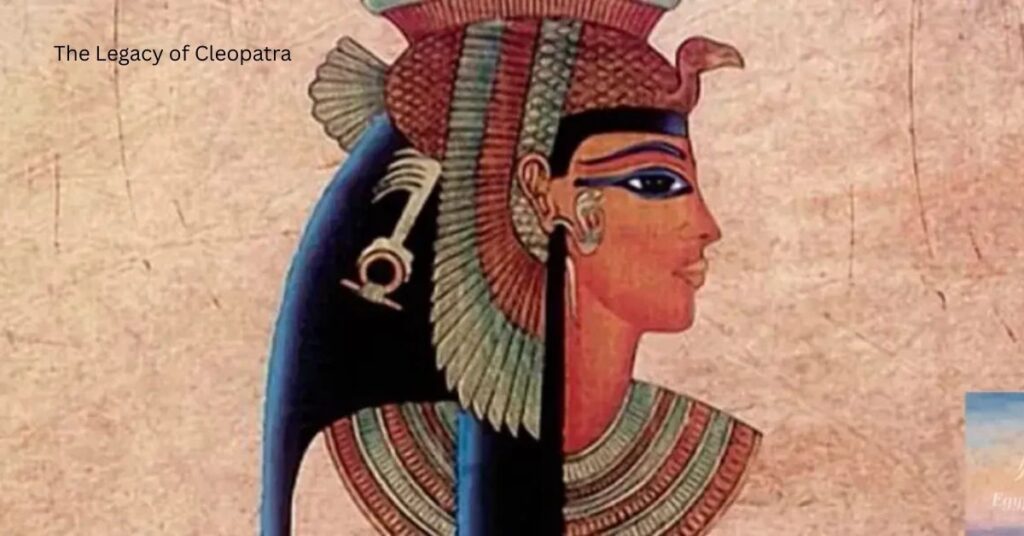Cleopatra VII Philopator, the last active ruler of the Ptolemaic Kingdom of Egypt, remains one of history’s most iconic figures. Her life and reign continue to captivate historians, writers, and audiences worldwide. Known for her intelligence, political acumen, and dramatic life story, Cleopatra left behind a legacy that transcends time and culture.
A Queen of Power and Diplomacy
Born in 69 BCE, Cleopatra ascended the throne at a time when Egypt faced both internal challenges and external threats from the expanding Roman Empire. Unlike many female rulers of her era, she proved herself to be an astute strategist. Cleopatra was fluent in multiple languages, including Egyptian, making her the first Ptolemaic ruler to fully embrace the culture of her people. This set her apart as a monarch deeply connected to her kingdom.
Her alliances with Julius Caesar and later Mark Antony were not merely romantic but strategic. These partnerships allowed her to safeguard Egypt’s independence for as long as possible. Through diplomacy and calculated moves, Cleopatra held her nation’s sovereignty in an era when Rome was determined to dominate.
Cultural Influence and Symbolism
Cleopatra’s legacy is not limited to politics. She symbolized the fusion of Greek and Egyptian cultures, promoting art, architecture, and learning. Her reign supported the flourishing of Alexandria as a center of knowledge, home to the legendary Library of Alexandria.
In later centuries, Cleopatra became a symbol of female power, beauty, and resilience. Writers like Shakespeare and historians from Plutarch to modern scholars have kept her story alive, though often colored by myth and legend.
The Tragic End
Cleopatra’s downfall came after the defeat of her forces and Mark Antony’s by Octavian (later Emperor Augustus) in 31 BCE. Facing the loss of her kingdom and unwilling to be paraded as a Roman captive, Cleopatra chose to end her life in 30 BCE, famously through the bite of an asp—or so legend suggests. Her death marked the end of Ptolemaic rule and Egypt’s full annexation into the Roman Empire.
Cleopatra’s Enduring Legacy
Cleopatra remains an enduring icon across literature, film, and popular culture. From ancient Roman propaganda to Hollywood blockbusters, her life has been retold through countless lenses. Yet, beyond myths of seduction and beauty, her true legacy lies in her intelligence, leadership, and determination to defend her nation’s sovereignty.
Today, Cleopatra symbolizes not just a queen but also the timeless strength of women who defy expectations and shape history. Her story continues to inspire debates on leadership, gender, and the power of cultural identity.
Conclusion
The legacy of Cleopatra is far greater than the tales of romance and intrigue that often overshadow her true accomplishments. She was a ruler who combined diplomacy, intellect, and courage in an era dominated by powerful men. While her kingdom eventually fell to Rome, Cleopatra’s spirit remains immortal—etched into history as one of the most remarkable leaders the world has ever known.





